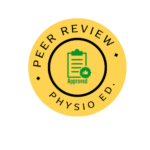As you age, your memory can become a much more significant health issue than ever before.
Many older adults associate aging with memory, and it’s not always positive. It can be easy to assume that there’s nothing you can do to improve your memory skills as you age or that becoming forgetful is just part of getting older.
However, there are techniques and exercises that you can use to improve your ability to retain information and improve your overall cognitive function as the years go by.
To improve your memory, it’s first important to understand how your memory works, the different types of memory that impact your everyday life, and some techniques you can use to make the most of your memory in different situations.
How Memory Works
Very few things are as fundamental to who you are as your memories. While the concept of memory can be very abstract, its role in the lives of older adults is relatively straightforward.
Memory is your brain’s way of storing and accessing information, which adds color and perspective to your life experiences.
Throughout your life, new experiences are constantly being recorded by your brain and temporarily stored as short-term memories. When you sleep, many of these are turned into long-term memories and stored away for later access.
Although some regions of the human brain are more heavily used during specific experiences, long-term memories are stored throughout your brain in a complex network of constantly interacting connections. [1]
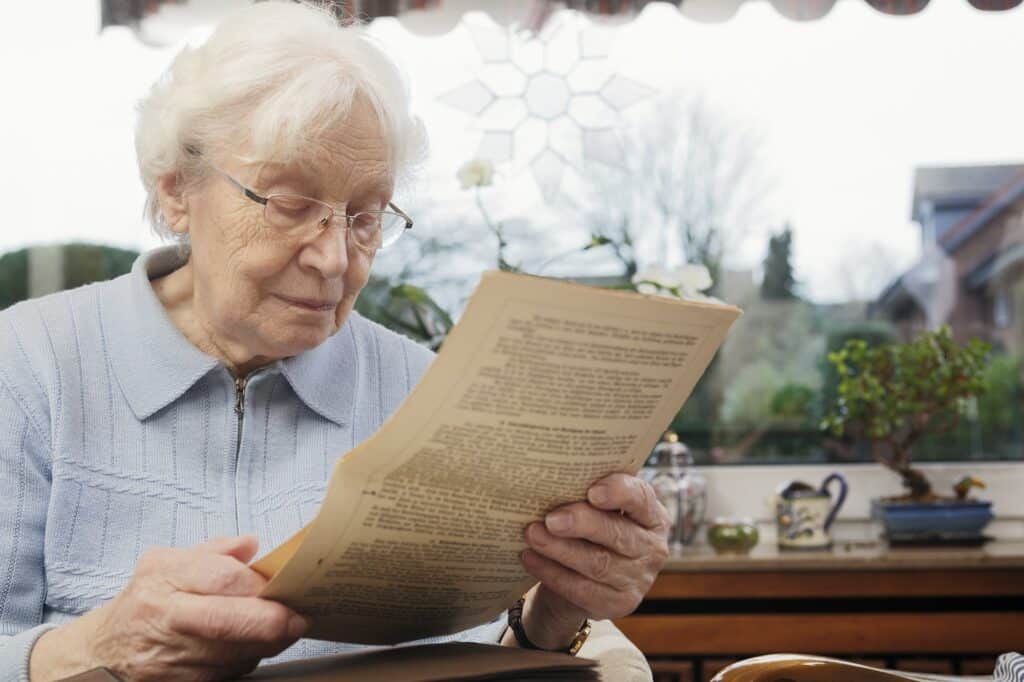
The Difference Between Memory and Cognition
Understanding the differences between memory and cognition is essential to become more aware of your strengths or weaknesses and to make meaningful improvements.
What is Memory?
When we talk about memory skills, we refer to the ability to retain new information and recall it later under different circumstances.
This could be something as recent as what you had for breakfast this morning or as distant as a childhood memory. Memory also plays a vital role in daily tasks and contributes to your overall quality of life.
What is Cognitive Health?
Cognitive health encompasses thinking, learning, and remembering clearly. [2]
Cognition is essential for normal brain function across your lifespan. Cognitive decline is a natural part of aging that can occur at different rates for each individual. In many cases, cognitive decline is closely connected with memory changes.

Envato Image: side view of senior lady with photo album resting on couch at home
Why Memory Changes Occur With Age
Many physical and psychological factors can impact your memory and overall cognitive function as you age. Understanding these factors is vital for understanding how memory can be affected by different variables as we age.
Physical Systems Involved with Memory Change
The health of your body can affect your memory in several ways. Some systems that are important for supplying your brain with energy and materials include:
Your cardiovascular system—your heart and lungs
Your lymphatic system
Your nervous system
Maintaining the health of these systems and other vital organs can significantly impact your brain’s function, affecting your memory differently. Your daily behaviors influence your brain health in surprising ways.
For example, if you are dehydrated, your brain won’t have the nutrients or water required to function correctly. Or side effects from medication or certain types of infections can cause swelling in the brain, which can lead to problems with brain function.
Senses like vision and hearing are also crucial for your memory health. As we age, these senses weaken, making perceiving what’s around us harder.
Deterioration of vision and hearing can contribute to accelerated memory and cognitive function decline. It also significantly increases your chance of developing memory-related conditions like Alzheimer’s and dementia, especially when vision and hearing worsen simultaneously. [4]
It is imperative to address changes in your hearing and vision early to develop a plan with your doctor utilizing options like hearing aids or glasses, not just for your senses but also to preserve your memory.

Psychological
Your state of mind and mental health can also affect your memory. Even if you are in excellent physical health, stress and mood disorders can limit how well your memory functions.
Psychological stress can feel different between individuals, but it’s often associated with a fast-paced life, trouble with relationships, and feeling overwhelmed. Stress is a normal and necessary part of life, but too much stress can cause problems with memory and cognition.
This is especially true for older adults living with mood disorders. For example, common conditions like depression and anxiety can cause problems with memory and cognition.
Other, more serious conditions like dementia and Alzheimer’s are significant contributors to problems with memory skills for many older adults. It’s essential to have frequent checkups with your doctor to catch new conditions early before they worsen.
Substance abuse disorders are another common cause of psychological distress. For many older adults, alcohol, pharmaceuticals, or other substances might be used for pain, stress relief, or relaxation.
Unfortunately, substance abuse can lead to problems with brain function & brain size, judgment, emotional regulation, and memory over the long term. [5]
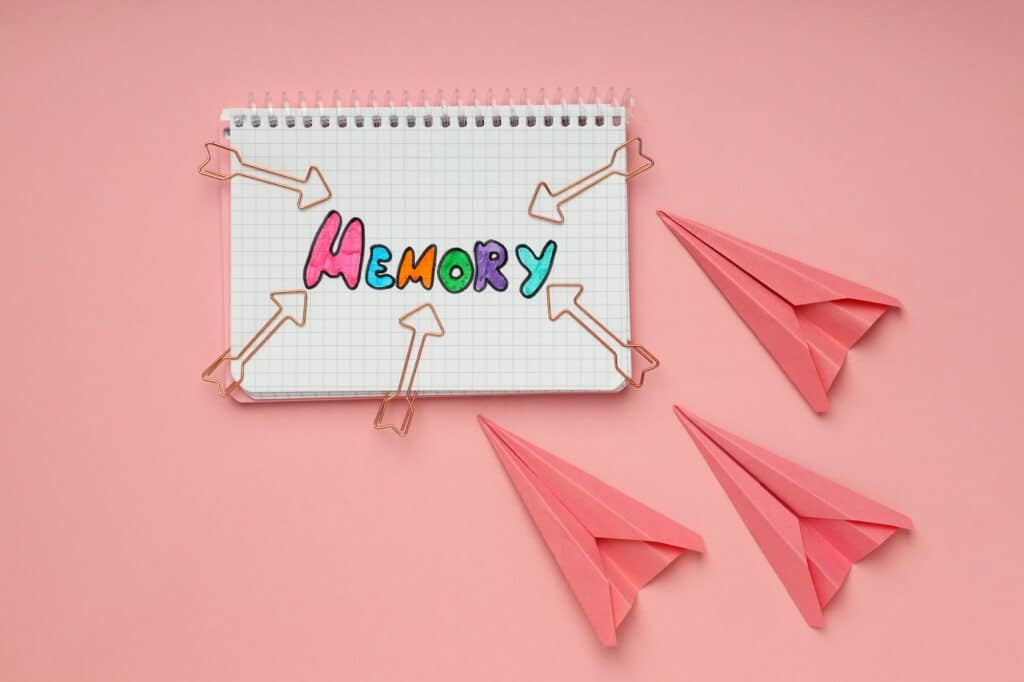
The Different Types of Memory
The two most commonly discussed types of memory are short- and long-term memory:
Short-term memory is accessible for recall within seconds to minutes.
Long-term memory refers to short-term memory that has been retained and committed for recall days, months, or years later.
Short-term memory is converted to long-term memory through a process known as memory consolidation.
There is much debate in the scientific community about how many different types of memory there are. You may know terms like episodic, declarative, or semantic memory.
Rather than getting too hung up on developing any specific type of memory, understand that these varieties overlap in various ways.
Getting familiar with different memory training methods is important to help yourself maintain these various types of memory as you age.
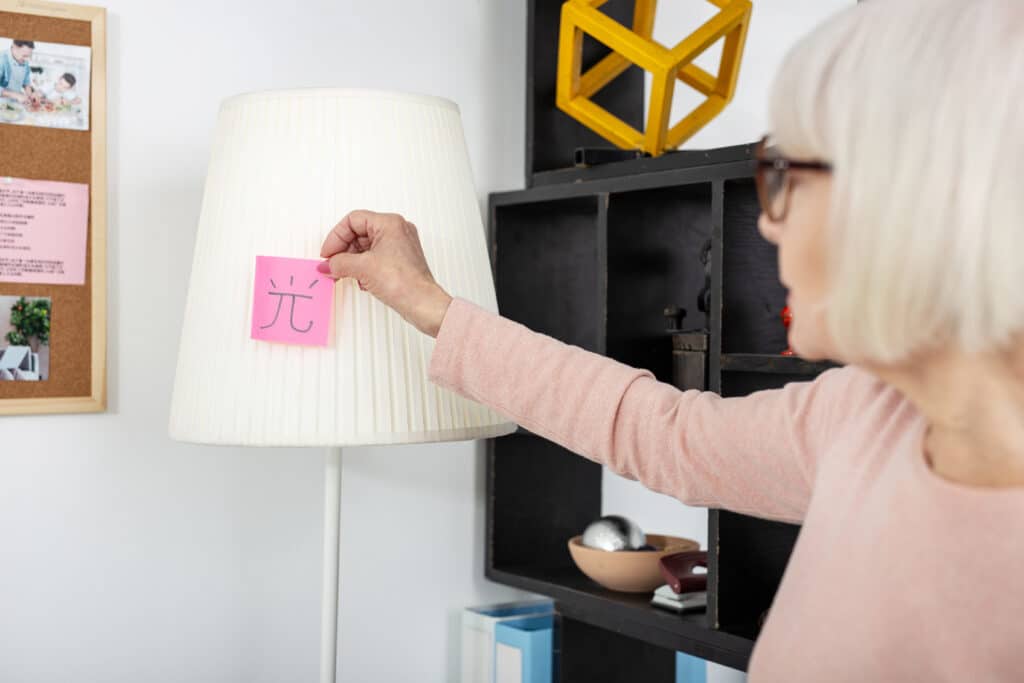
Memorization Techniques
Implementing memorization tactics and techniques can help you remember what you need to and improve your cognitive processes to help you to stay sharp as you age.
There are many different types of memorization techniques, and each stresses a specific kind of memory. Be sure to experiment with these methods to determine what challenges you the most and which are the right memorization techniques for you.
Here are some of the most important memorization techniques to help you in your daily life:
Association
Association involves links or connections between items to time, environment, or specific characteristics.
Association training can be done by thinking of something you want to remember, then developing a familiar connection with something else. You can do this several times to build up a network of associations, making it more likely to remember what you want to.
As an example, you could use the association technique to remember names. If you were to meet a person named Doug Waters, you could think of digging a hole near a lake. By referring to this association, it might become easier to remember Doug’s name. To extend this method, if Doug happens to live on Seabird Avenue, you could picture a gull flying over the lake as he digs his hole.

Rehearsal
Rehearsal refers to repeating information to facilitate remembering or “encoding” the information into memory.
If practiced a speech from cue cards or repeated a name or phrase to commit it to memory, you have used the rehearsal technique!
Rehearsal training can be used for names, sentences, processes, and important reminders. In some cases, you may combine rehearsal with other forms of training, including association.
Similarly, ‘putting things in your own words’ is a potent way to remember complex information.
Categorization
Categorization involves recognizing and grouping things by conceptual relations to remember them better. (3)
This memorization technique can be helpful for remembering things that might have a relationship with each other.
For example, if you were to create a grocery list and attempt to commit it to memory, rather than trying to memorize individual items, you might remember categories like “produce,” “protein,” or “cleaning supplies.” Having the larger categories would then make it easier to remember the details of the items needed.
Categorization is like creating a series of file cabinets to store information without confusion.
Visual Imagery & the “Memory Palace”
Mental images and visual memorization techniques are incredibly useful for improving your memory. Imagery training combines concepts or items into an integrated visual representation.
One commonly used method is called the “memory palace” technique. When using this technique, you would visualize a room that is familiar to you and picture the items you need to remember in various areas of that room.
Although it sounds silly, the memory palace technique is a potent way to remember things and has even been studied for its history and validity. [6]
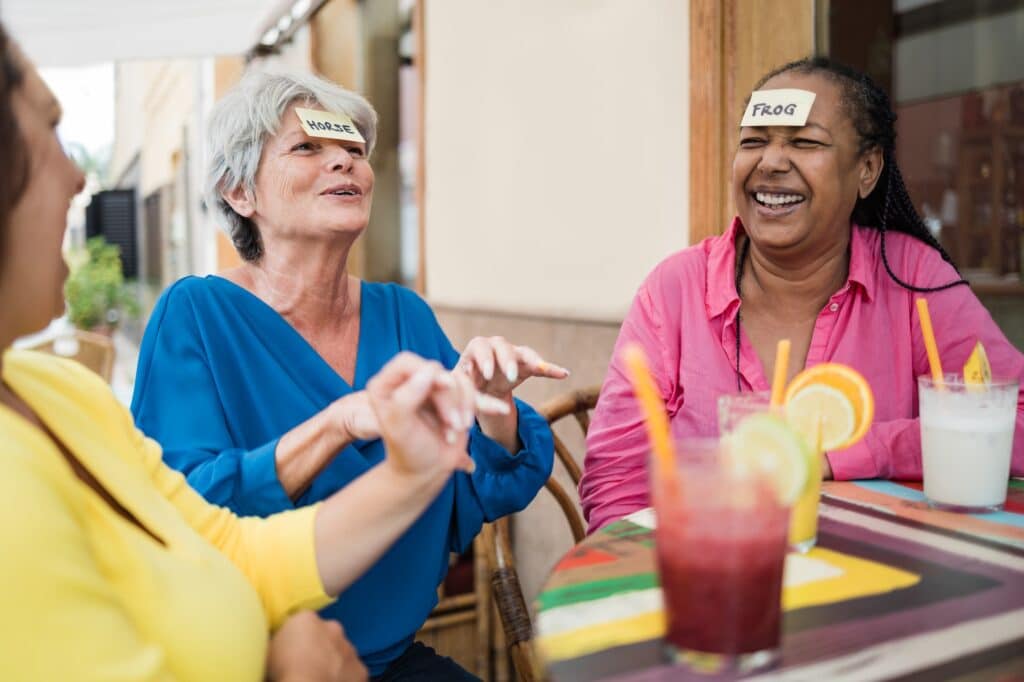
Mnemonic Devices
Although the other memorization techniques mentioned are technically also mnemonics, number and story mnemonics are two other techniques worth mentioning. [3]
Number Mnemonics
Number mnemonics involve creating an association with a number based on something that the number reminds you of or that you can make an association for.
For example, if you need to remember that there are seven thank you letters that you don’t want to forget to write to your three grandchildren, who are nine, twelve, and thirteen, you might use these mnemonics:
Nine months of pregnancy
12 months in a year
13 is a baker’s dozen
Number mnemonics are commonly used for card counting or for remembering long strings of numbers.
Story Mnemonics
Story mnemonics involve creating a chain of related information to create a story. The story can cue the next item in the chain from your memory consecutively after starting the story from the beginning.
These are also referred to as sentence mnemonics. A common sentence mnemonic used among guitarists to remember the instrument’s standard tuning is “eat apples daily, grow big ears.” This seemingly nonsensical statement refers to the common tuning EADGBE, making guitar tuning easy to remember for players of any age.
A story mnemonic might be useful while trying to recall the ingredients of a meal broccoli, fish, and potatoes dish you would like to cook for dinner, as in “a broccoli farmer fishes for trout by the potato patch.”
This storytelling technique is an easy and fun way to use other brain processes (like creativity) to build a better memory.
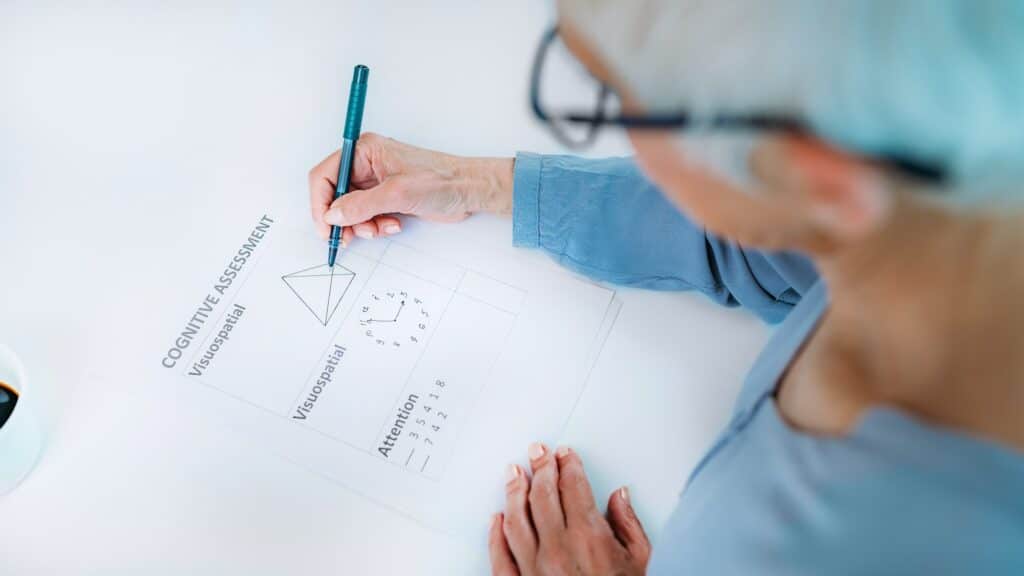
Try a Memory Test
Several memory tests are available for seniors to assess memory and screen for potential issues related to cognitive decline. Often, these are administered by your doctor or a licensed mental health professional.
The Self-Administered Gerocognitive Exam (SAGE)
The Self-Administered Gerocognitive Exam (SAGE), developed by the Wexner Medical Center at Ohio State University, was developed as an at-home screen for detecting signs of “cognitive, memory, and thinking impairments.” [7]
Doctors use this test to evaluate impairments in cognitive abilities early to determine whether treatment is needed to counter preventable decline. It is available to print, download, complete, and even share with your physician.
Memory tests can also help identify weak spots in your memory so that you can start using the training methods above. It’s essential to check in with your doctor regularly to discuss how you feel about your memory and catch any problems that could arise early.
Summary
Memory is your brain’s way of storing and accessing information. Your brain constantly records new experiences and temporarily stores them as short-term memories. When you sleep, many of these are turned into long-term memories and stored away for later access.
Memory skills refer to the ability to retain and recall new information later under different circumstances. Physical and psychological factors can impact your memory and overall cognitive function as you age.
There are many different memorization techniques, and each stresses a specific kind of memory. Association, rehearsal, categorization, memory palace, and mnemonic devices are memorization techniques that help you remember things better by linking or connecting items to time, environment, or specific characteristics.
If you’re struggling with remembering things or are concerned about Alzheimer’s or dementia, contact your doctor to schedule a comprehensive medical exam.
References
National Institute on Aging: Cognitive Health and Older Adults
Kamil RJ, Betz J, Powers BB. Concurrent hearing and vision impairment and 8-year memory decline in older adults. Alzheimer’s & Dementia: Diagnosis, Assessment & Disease Monitoring. 2021;13(1):e12128. doi:10.1002/alz.12887
Sullivan EV, Zahr NM, Sassoon SA, et al. The Role of Aging, Drug Dependence, and Hepatitis C Comorbidity in Alcoholism Cortical Compromise. JAMA Psychiatry. 2018;75(5):474–483. doi:10.1001/jamapsychiatry.2018.0021
Saunders, D. J., & Wills, T. J. (2019). Misplacing memories? An enactive approach to the virtual memory palace. Cognitive Science, 43(10), e12789. https://doi.org/10.1111/cogs.12789
https://wexnermedical.osu.edu/brain-spine-neuro/memory-disorders/sage


